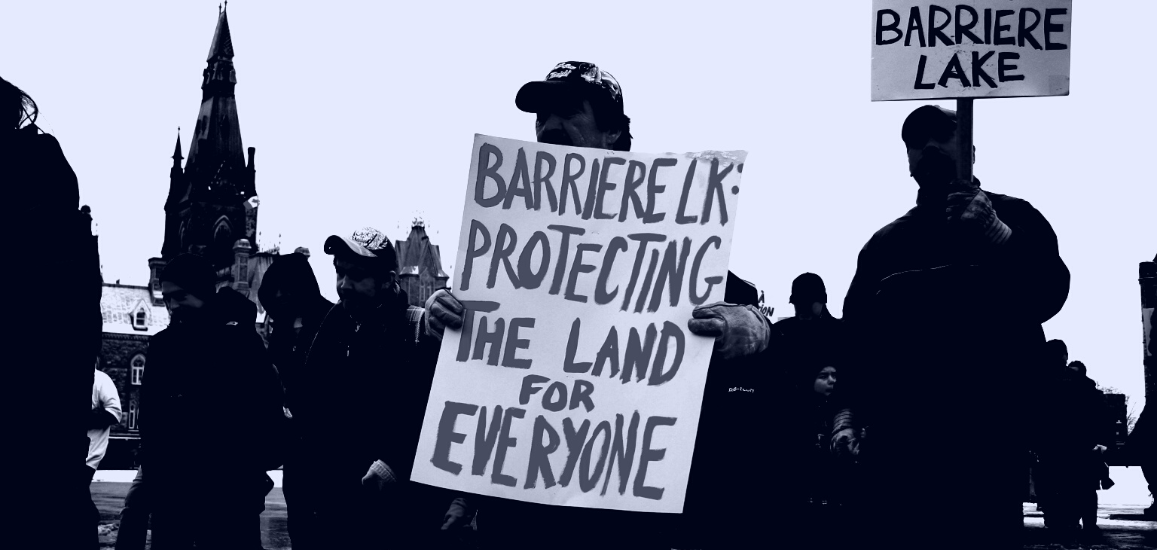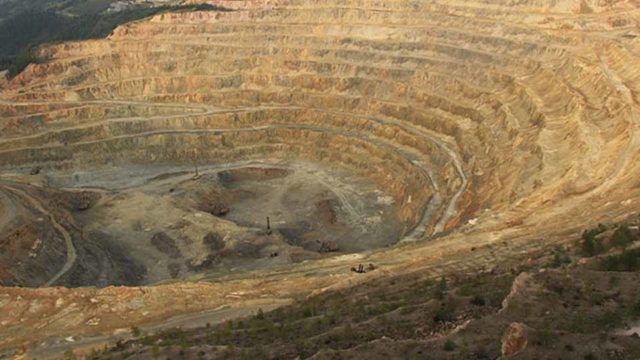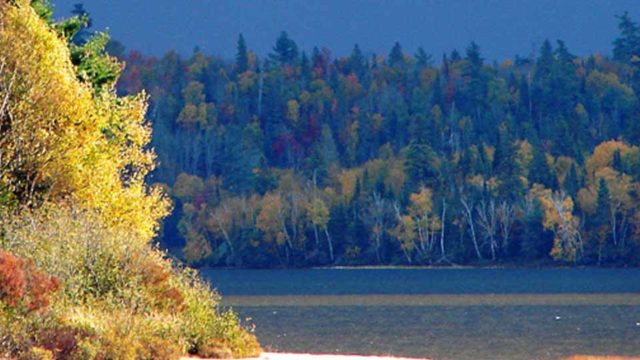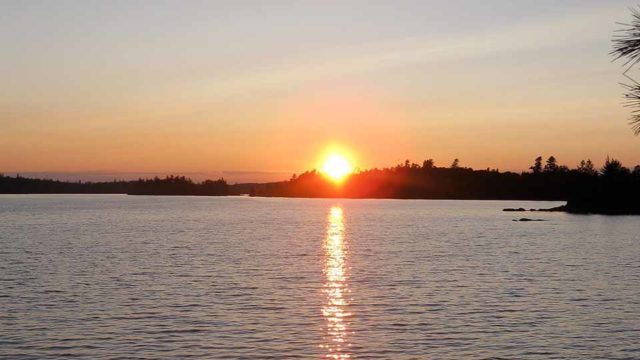The ancestral territories of the Mitchikanibikok Inik First Nation encompass many sites of ecological, cultural and survival importance, including: Burial sites, ceremonial sites, heritage sites, and occupancy sites; habitat for bears, spawning fish, and bald eagles; and hunting grounds for moose, medicinal plant gathering and tree harvesting.
That’s why for years, the community has fought to keep mining off of their territory — including when junior mining company, Copper One attempted to push through deforestation permits to facilitate mining activities on their land.
Ecojustice lawyers, working with the Centre québécois du droit de l’environnement (CQDE), successfully represented the Mitchikanibikok Inik First Nation as interveners in Copper One’s proceeding against the Quebec government. But that wasn’t the end of the story for the community.
In 2017, Copper One and Quebec engaged in closed-door negotiations that resulted in the hand-over of the company’s mining claims to SOQUEM — a subsidiary of Ressources Québec — in exchange for $8 million. This was done without first consulting the Mitchikanibikok Inik community, as required by the Constitution Act. Since then, claims have continuously been renewed without consultation.
Ecojustice is challenging the constitutionality of certain sections of Quebec’s Mining Act to ensure the Mitchikanibikok Inik First Nation is properly consulted about mining on their ancestral lands. After successfully fending off a government motion that attempted to deny the Mitchikanibikok Inik First Nation their day in court, the case will be proceeding to a full hearing in February 2024.




